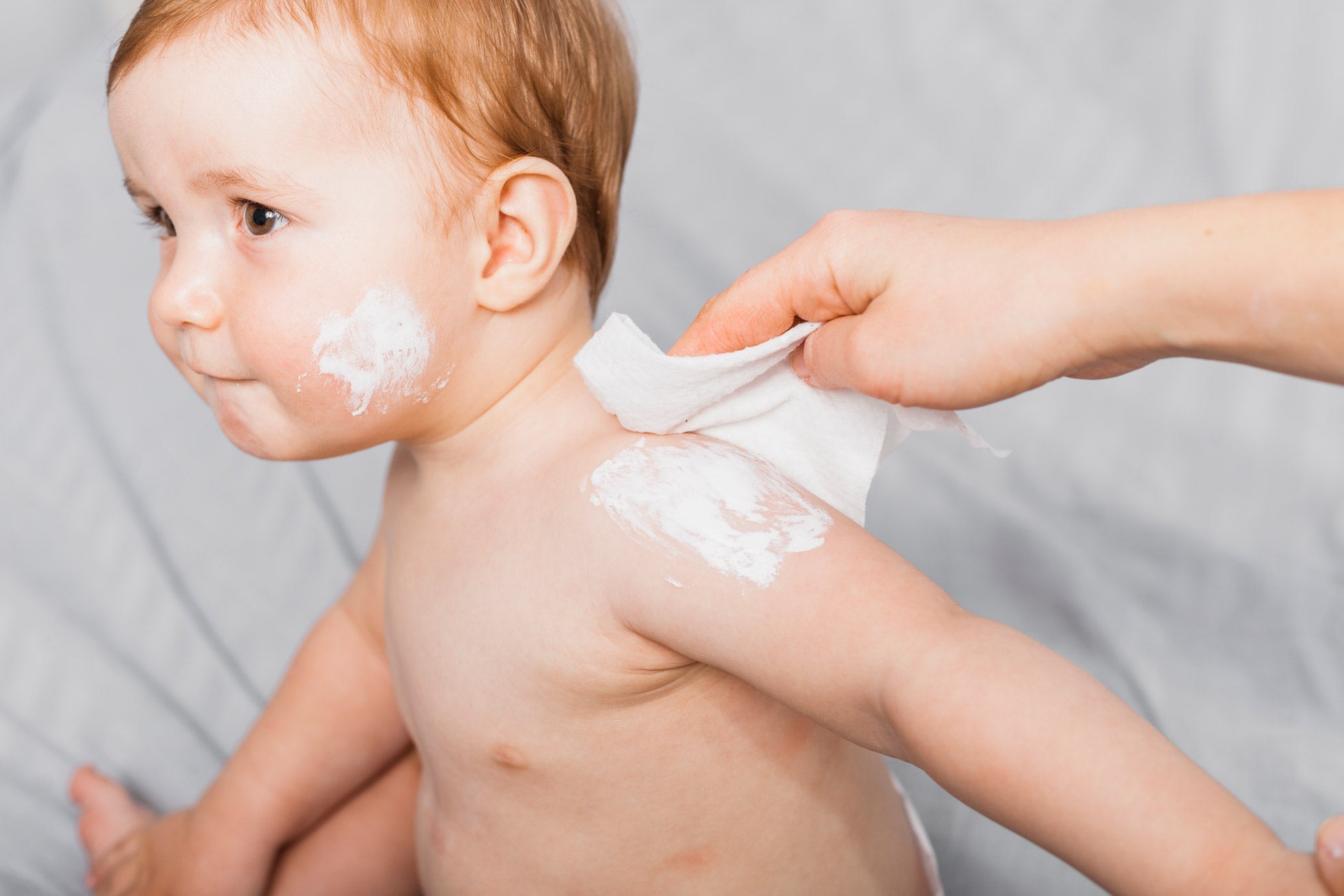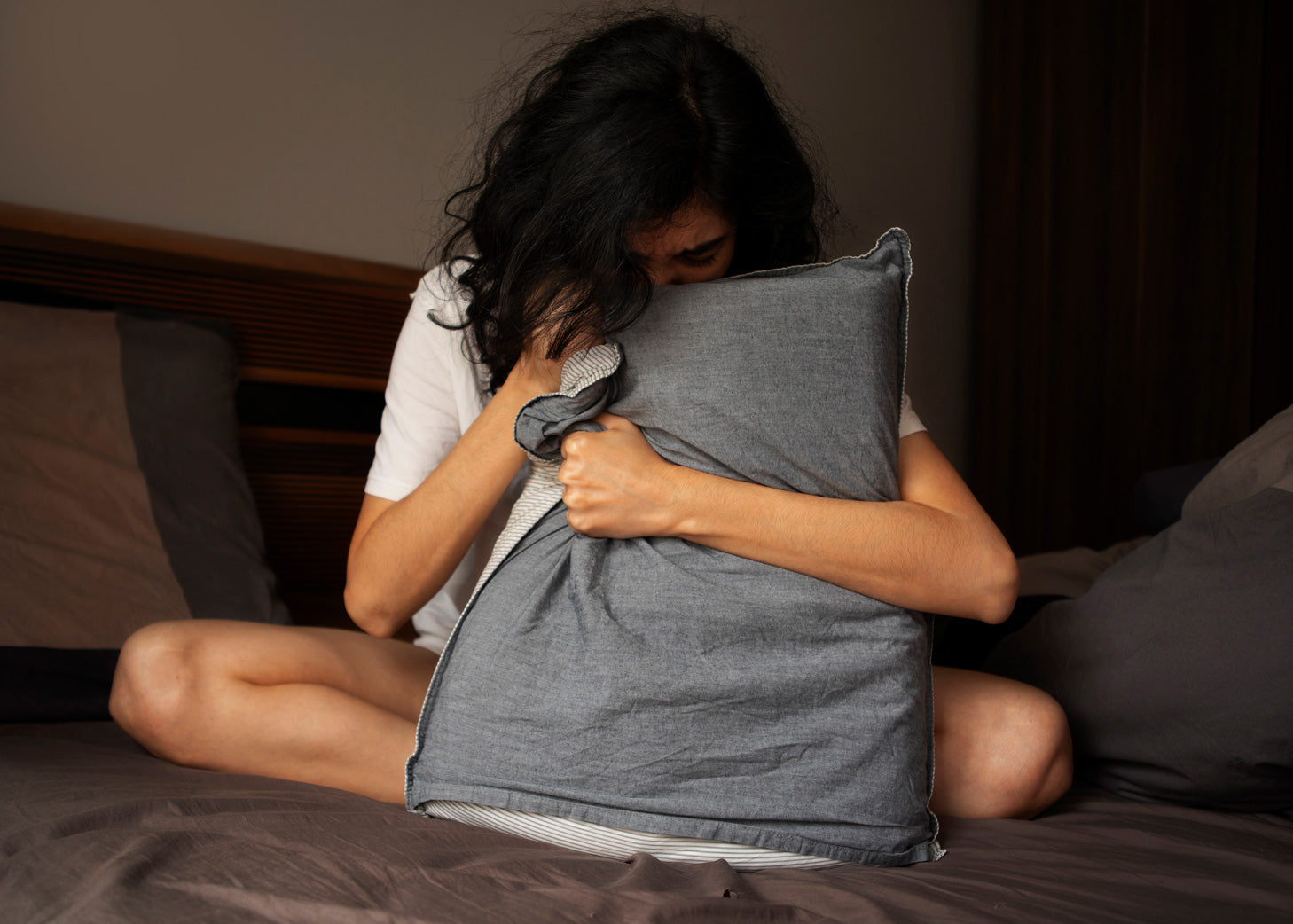
The Ultimate Guide to Treating Eczema in Babies
Introduction
Eczema is a common skin condition that affects many people, including infants. It is characterised by dry, itchy, and red patches on the skin. While it is not a serious condition, it can be uncomfortable for babies, causing them to scratch and making the condition worse. As a parent, it can be distressing to see your little one experiencing such discomfort. In this blog post, we will discuss some ways to relieve eczema in babies and help them feel more comfortable.
Moisturise Frequently
One of the best ways to relieve eczema in babies is to keep their skin moisturised. Dry skin can cause eczema to flare up, so it is important to keep your baby's skin hydrated. Apply a fragrance-free moisturiser to your baby's skin at least twice a day, especially after bathing. This will help to lock in moisture and prevent the skin from drying out. You can also use a moisturiser specifically designed for eczema such as the Kawakawa Repair Balm from Frankie Apothecary, which can be more effective in treating the condition.
Kawakawa Balm is perfect for regular use on skin prone to eczema, psoriasis and dermatitis. Frankie Apothecary’s Kawakawa Balm is wildcrafted from native New Zealand plants by embracing traditional Māori Rongoā techniques, and blended with pure oils for extra skin nourishment. Native NZ Kawakawa has been used for centuries for its amazing healing properties, especially for sensitive or irritated skin.
Avoid Irritants
Another way to relieve eczema in babies is to avoid irritants that can make the condition worse. These irritants can include soaps, detergents, and other chemicals that come into contact with your baby's skin. Use fragrance-free and hypoallergenic products when bathing your baby and washing their clothes. Avoid using fabric softeners and dryer sheets, which can contain fragrances and other irritants.
Dress Your Baby in Soft Clothing
The clothing your baby wears can also affect their eczema. Dress your baby in soft, breathable clothing made from natural materials like cotton. Avoid wool and other scratchy fabrics that can irritate the skin. You should also wash new clothing before your baby wears it to remove any potential irritants.
Use a Humidifier
Dry air can also cause eczema to flare up, especially during the winter months when indoor heating can dry out the air. Using a humidifier in your baby's room can help to keep the air moist and prevent their skin from drying out. Be sure to clean the humidifier regularly to prevent the growth of mould and bacteria.
Consult with a Paediatrician
If your baby's eczema does not improve or gets worse, be sure to consult with a paediatrician for further treatment options. They may recommend prescription-strength creams or ointments, or other treatments that can help to relieve your baby's symptoms. It is important to follow your paediatrician's advice and not to use any treatments or remedies without consulting with them first.
Summary
Eczema can be uncomfortable for babies, but there are ways to relieve their symptoms. By moisturising frequently, avoiding irritants, dressing your baby in soft clothing, using a humidifier, and consulting with a paediatrician, you can help to soothe their skin and reduce their discomfort. Remember, every baby is different, and what works for one may not work for another. Be patient and persistent in finding the right treatment for your baby's eczema.


